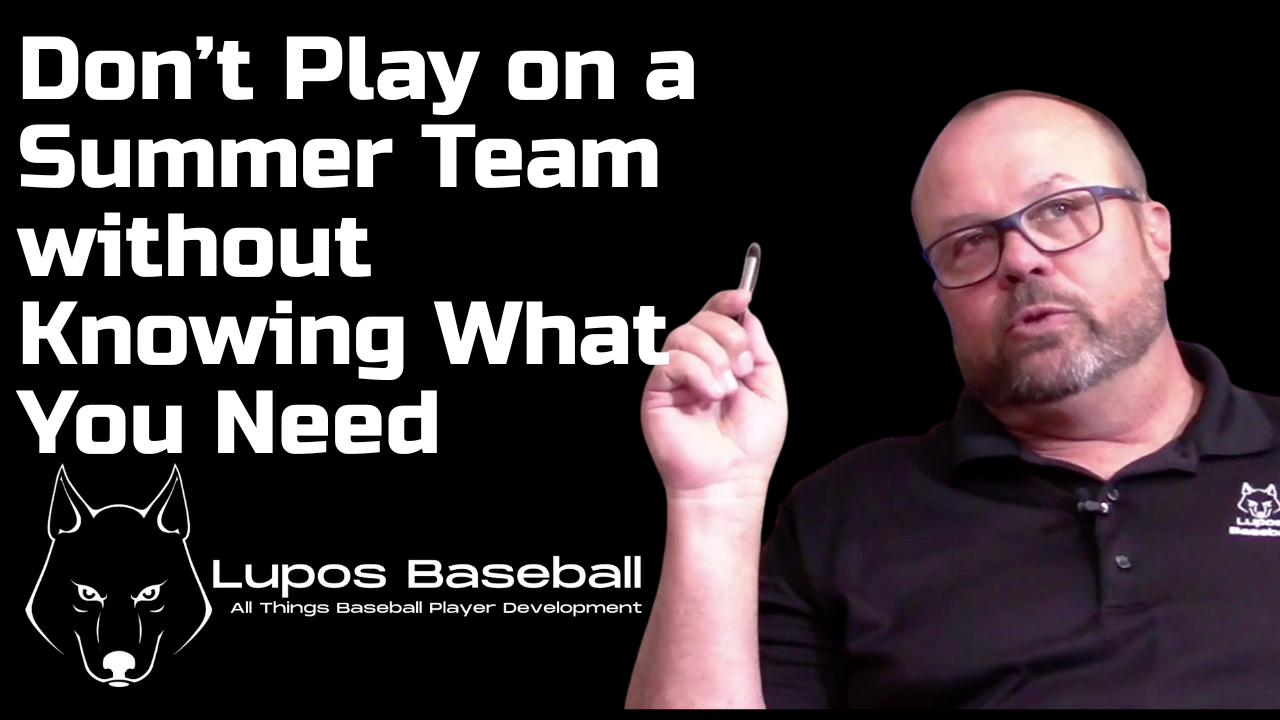Don’t Be Fooled by the Resume: Why Playing Experience Doesn’t Equal Coaching Ability
This blog helps parents and athletes understand that a coach’s playing background—no matter how elite—doesn’t automatically translate to effective instruction. Coach Leo Young explains how to evaluate coaching based on teaching skill, not just a resume. Whether you’re choosing a travel team, private instructor, or development program, this blog shows you how to look past the hype and ask the right questions to ensure your athlete is actually learning.
SUMMER BASEBALL


Don’t Be Fooled by the Resume: Why Playing Experience Doesn’t Equal Coaching Ability
Just because someone played at a high level doesn’t mean they know how to coach.
Playing and teaching are two different skills—and in youth baseball, confusing the two can cost you an entire summer of development.
Who’s actually helping you improve—and do they know how to teach it, not just talk about when they played?
Post your thoughts in the comments on the video.
Step 1: Playing at a High Level Doesn’t Mean They Can Teach
A former pro doesn’t automatically make a great instructor.
It just means they were good enough to play—not that they understand how to break down mechanics, communicate clearly, or adapt to different learning styles.
Ask yourself:
Can they explain what they’re doing, or are they just “showing you”?
Do they give feedback that helps you adjust in real time?
Are you learning why something works—or just copying it?
You’re not looking for a story. You’re looking for skill transfer.
Step 2: Evaluate Coaching Based on Clarity and Fundamentals
A good coach doesn’t impress you with their career.
They make you better—by focusing on fundamentals, correcting flaws, and guiding repetition.
Watch how they operate:
Are they focused on your individual needs?
Are they patient when something doesn’t click?
Do they adjust based on what you need, not what they used to do?
If the answer is no, it’s not development—it’s storytelling.
Step 3: Ask the Right Questions Before You Commit
Before joining any team or training program, ask:
Who will actually be coaching me on defense, pitching, or hitting?
Have they developed players at my level before?
Can they explain mechanics in a way I understand?
The most valuable coach is the one who can teach what they know—not just relive it.
Want to Learn From a System That Teaches, Not Just Tells?
If your goal is to improve your swing, Coach Leo’s book gives you a clear, teachable system that builds elite-level mechanics through structured reps.
BASS: Barrel Accuracy and Swing Strength – The Path to Elite Level Hitting
Visit: www.luposbaseball.com
Disclaimer:
The content shared is for informational purposes only. This is not a judgment of any person or program mentioned. All names and events are discussed from personal memory and are not meant to accuse or endorse. The goal is to share insight from lived experience.
#YouthBaseballDevelopment
#BaseballCoaching
#PlayerDevelopment
#BaseballParenting
#TravelBaseball
#SummerBaseball
#BASSHitting
#LuposBaseball
#EvaluateYourCoach
#SoreToSoaring

